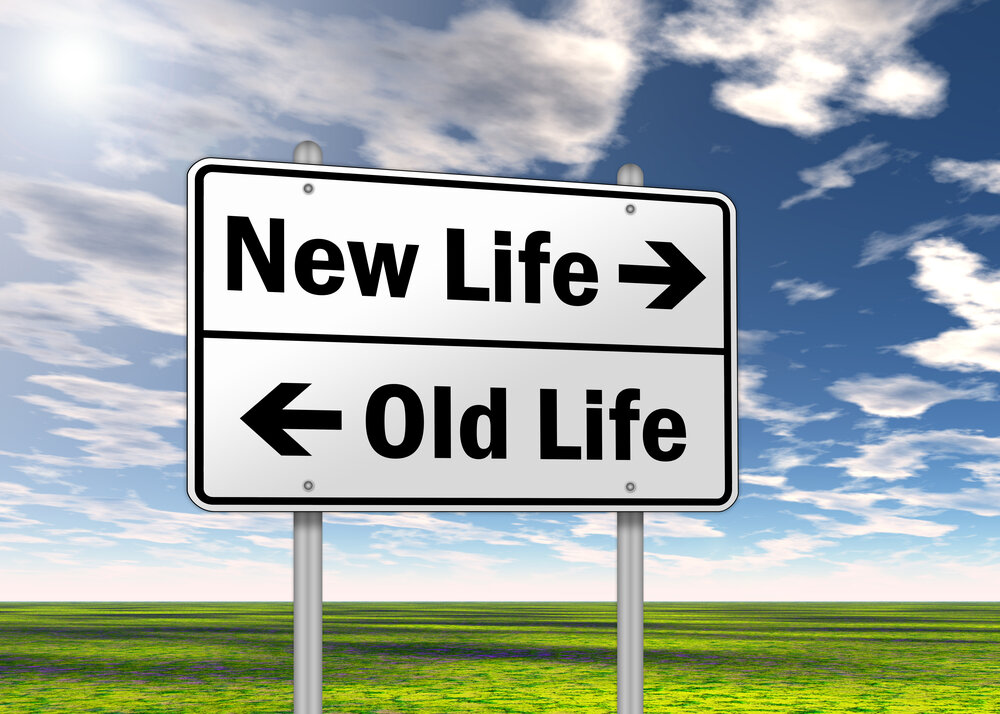I hear from more and more adult intercountry adoptees, adopted at older ages, about some of their traumatic experiences in transition from their homeland to their adoptive country. I acknowledge this is not the only layer of trauma we experience in our adoption or relinquishment and that transition for younger age adoptees can be just as traumatic. The key difference for younger aged adoptees is they may grow up not being able to verbalise the experience due to a lack of language development at the time of transition.
I question why adoption agencies and governments are not putting more resources into ensuring these major transitions are done better, especially considering it is older age adoptions that are the majority of intercountry adoptions done today around the world.
Children who are older aged and have language skills need to be given clearer understandings of what being adopted to another country and family means, apart from the “heaps of toys and food” examples that are the obvious material benefits. Perhaps the orphanages themselves have little idea of the impacts and complications experienced in intercountry adoption, so how would they know to better prepare children emotionally? Sending and receiving governments who licence adoption agencies to facilitate adoptions should hold the responsibility to better prepare children and lessen the trauma of transition!
Some suggestions:
- Adoptive parents could be required to visit the orphanage and the child in it’s birth country more times, before the child is flown overseas. Have some experiences to bond and connect together in the child’s country before being flown out.
- Adoptive parents could be required to live for x months / years in the town of the child after the adoption before bringing the child home to ensure not too many changes are occurring at once and to allow the child some continuity to stay in contact with the other children or carers from the orphanage. The parents would then get to know the other children who were of importance to their newly adopted child.
- A carer of the child, someone the child knows and trusts, could travel with the child and remain with the family for the first few months to lessen the trauma. This would help the orphanage staff become more aware of the realities of the transition for the child upon entering their new adopted country, and feedback into better preparing future children.
- Education could be given to orphanages about the trauma the transition creates, from adult adoptees themselves.
- Adoptive parents could be required to become fluent in the child’s language before receiving the child. This would ensure one element of the transition which can potentially create trauma due to not being able to communicate, doesn’t unnecessarily add to the overall whole of being an overwhelming experience.
- Both sending and receiving governments could listen to adult intercountry adoptees more about the experience of transition and learn from our views.
- The child could be assessed psychologically, from an emotional well-being point of view, to establish how additional trauma of transition and uprooting them from everything they know, might impact them – and then develop a plan with a timeframe that is reasonable for the child’s well being.
Isn’t adoption supposed to be in the ‘interests of the child’? We need to move towards a model of incorporating a ‘whole journey’ view about the interests of the child who grows up – not just the immediate life or death survival extremist position that seems to justify intercountry adoption and how it is still conducted today.
I want to share Jayme’s experience to highlight my points above. Jayme is a Korean intercountry adoptee, raised in the USA from the age of 4.5 years old. His experience tells us just how strong the memories and trauma is of his transition from Korea to the USA.
I did previously share another from Thai adoptee Min and she briefly mentioned the trauma she remembered in her transition.
I hope in sharing these experiences, it will serve to remind us of how intercountry adoption is experienced by the child. We do grow up and our experiences need to be acknowledged. Intercountry adoption policy and processes by governments and agencies around the world would do well to ensure better outcomes for those who follow by learning from us who live it.

Leave a ReplyCancel reply